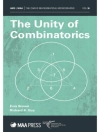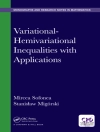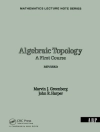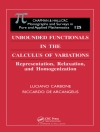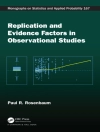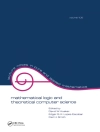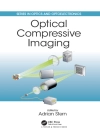the solution or its gradient. These new discretization techniques are promising approaches to overcome the severe problem of mesh-generation. Furthermore, the easy coupling of meshfree discretizations of continuous phenomena to dis- crete particle models and the straightforward Lagrangian treatment of PDEs via these techniques make them very interesting from a practical as well as a theoretical point of view. Generally speaking, there are two different types of meshfree approaches; first, the classical particle methods [104, 105, 107, 108] and second, meshfree discretizations based on data fitting techniques [13, 39]. Traditional parti- cle methods stem from physics applications like Boltzmann equations [3, 50] and are also of great interest in the mathematical modeling community since many applications nowadays require the use of molecular and atomistic mod- els (for instance in semi-conductor design). Note however that these methods are Lagrangian methods; i. e. , they are based On a time-dependent formulation or conservation law and can be applied only within this context. In a particle method we use a discrete set of points to discretize the domain of interest and the solution at a certain time. The PDE is then transformed into equa- tions of motion for the discrete particles such that the particles can be moved via these equations. After time discretization of the equations of motion we obtain a certain particle distribution for every time step.
Marc Alexander Schweitzer
Parallel Multilevel Partition of Unity Method for Elliptic Partial Differential Equations [PDF ebook]
Parallel Multilevel Partition of Unity Method for Elliptic Partial Differential Equations [PDF ebook]
قم بشراء هذا الكتاب الإلكتروني واحصل على كتاب آخر مجانًا!
لغة الإنجليزية ● شكل PDF ● ISBN 9783642593253 ● الناشر Springer Berlin Heidelberg ● نشرت 2012 ● للتحميل 3 مرات ● دقة EUR ● هوية شخصية 6380260 ● حماية النسخ Adobe DRM
يتطلب قارئ الكتاب الاليكتروني قادرة DRM


